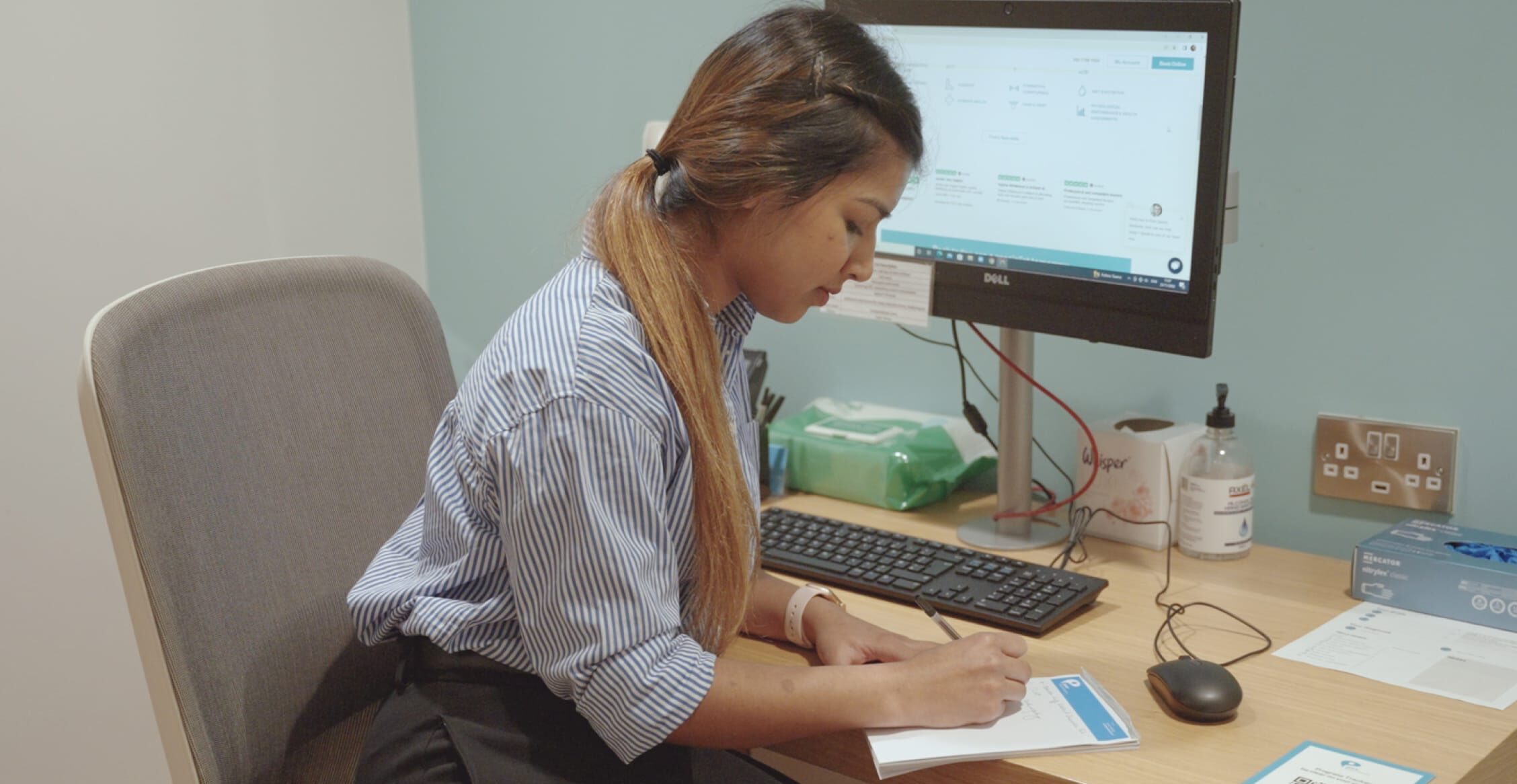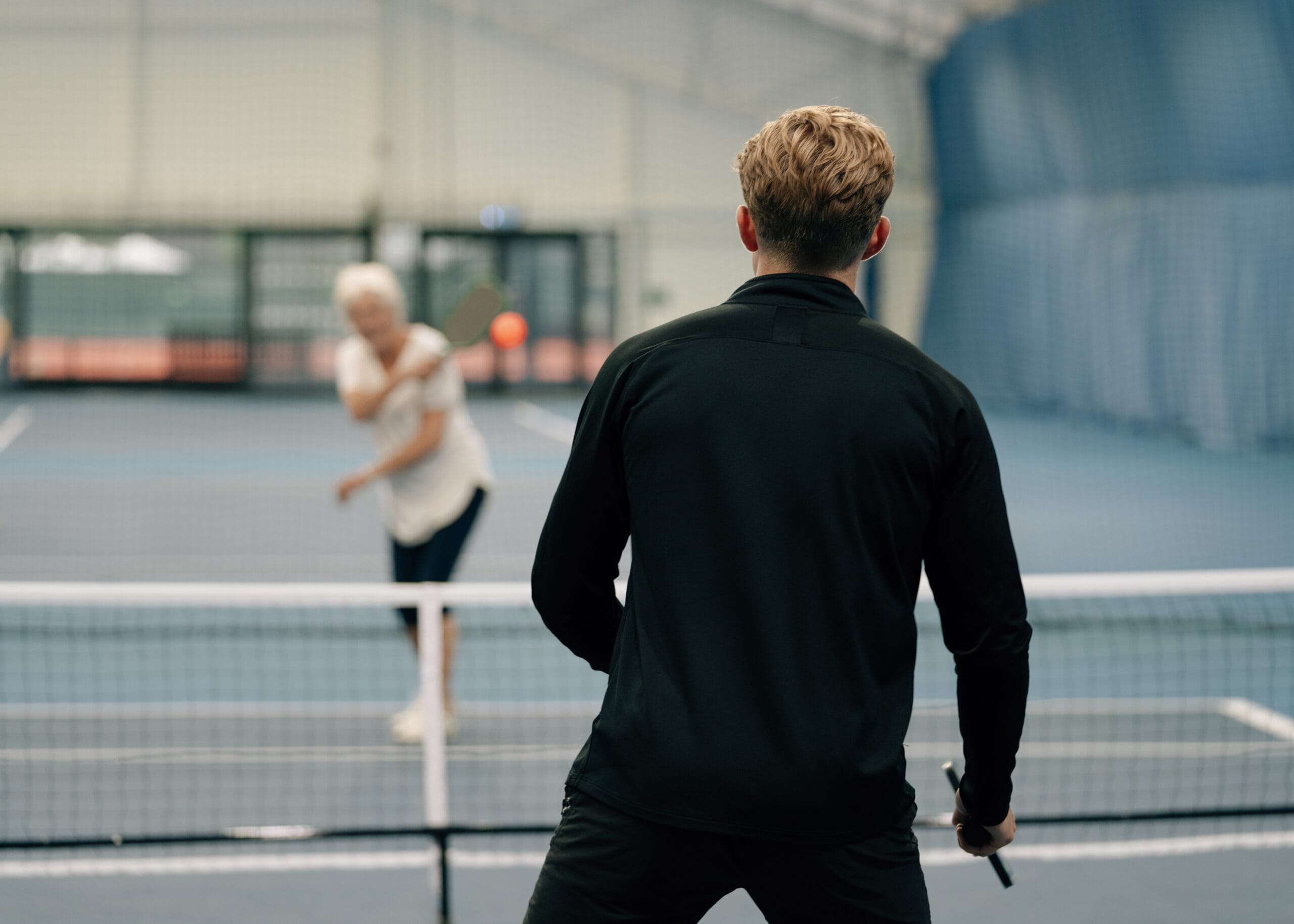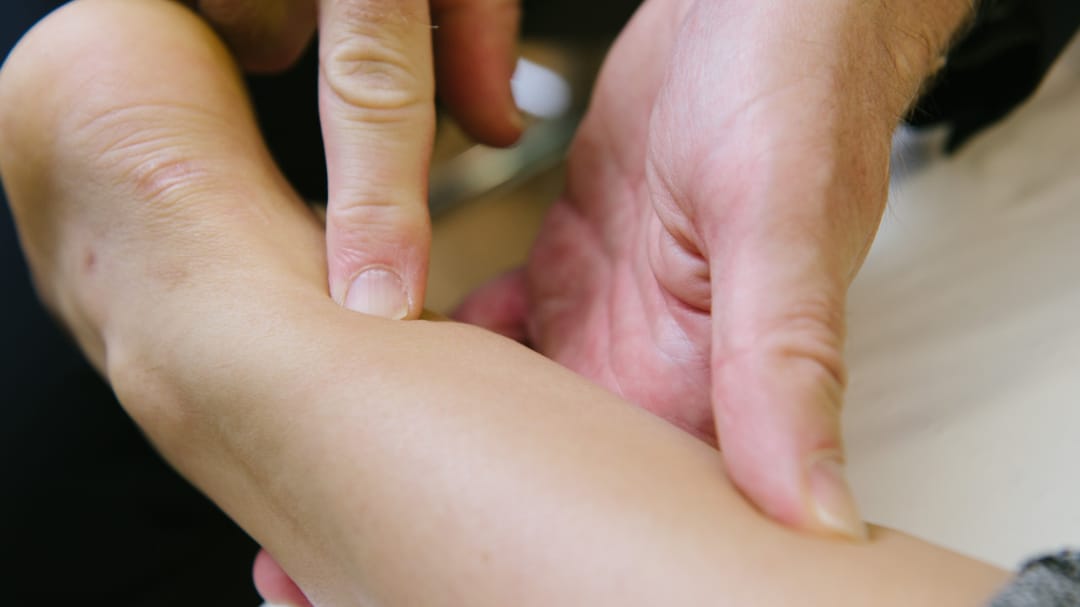Comprehensive COVID-19 Rehabilitation Services

Claire Small
Chief Clinical Officer & Consultant Physiotherapist
- 15 July, 2020
- covid-19
- Rehabilitation
- 3 min read
Comprehensive COVID-19 Rehabilitation Services

Coronavirus disease (COVID-19) is an infectious disease caused by a newly discovered coronavirus. Most people infected with the COVID-19 virus will experience mild to moderate respiratory (lung) illness and recover without requiring specific treatment. There is a significant variation in the severity of the disease but even after mild disease some people are describing periods of prolonged fatigue and reduced exercise tolerance after recovering from the viral infection.
Older people and those with underlying medical problems like cardiovascular disease, high blood pressure, diabetes, chronic respiratory disease, cancer and people from Black, Asian and Minority Ethnic groups are more likely to develop serious illness. Only about 5% of people become critically unwell.
Effects of COVID-19
We now know that the virus also has an effect on many different body systems. It affects the heart, the blood vessels (vascular system) the nervous system, the joints and muscles as well as impacting on people’s mental health significantly. Prolonged periods in hospital or intensive care can bring with it other issues such as the effects of poor nutritional intake, swallowing and communication difficulties, memory and thought processing issues and profound weakness and dependency.
In these cases, or where people are not recovering at a rate which one would expect – there is a need for a careful medical and rehabilitation assessment. Patients will need to have their cardiovascular function assessed – by clinical examination and appropriate investigations. This might include a chest X-Ray, resting and exercise ECG’s, respiratory function tests and oxygen saturation tests at rest and on exercise. In certain cases an echo cardiogram may be needed to assess the structure and function of the heart.
Recovering from COVID-19
Once a base-line assessment has been performed and, any impairments determined, a rehabilitation programme can be prescribed. Depending on an individual patient’s need, rehabilitation will include guidance from a Physiotherapist and someone experienced in the delivery of exercise in clinical conditions – that is, an experienced Strength and Conditioning Coach. This will need to be medically monitored to ensure complications do not occur and any new symptoms can be addressed. Fundamentally, it is about improving exercise tolerance and physical conditioning in a safe, measured environment under medical supervision.
Psychological issues may need to be addressed. Recovery after serious illness can be challenging for a variety of reasons, including fear of recurrence, anxiety about the experience of being ill and concerns over returning to levels of function, occupation and work which you were accustomed to prior to illness. Counselling and Occupational Therapy can be vitally important in aiding recovery in these circumstances.
There is also a group of patients who, before the infection, performed at a very high level of sport or physical demand. These individuals may have made a very good recovery from the illness itself but may not be able to return to the level of physical performance they have previously experienced. This may simply be a matter of time and Strength and Conditioning guidance but may also require the exclusion of cardio-respiratory complications of the disease.
The vast majority of people who suffer from COVID-19 will make a complete, and uneventful recovery from the disease but some may need medical assessment advice and guidance before returning to their normal levels of function work and activity.
How can we support your recovery?
With his extensive military experience, Medical Director & Consultant Rheumatologist, Dr John Etherington is best placed to case manage patients recovering from both mild and serious cases of COVID-19.
To determine the effect of COVID-19, patients will have an initial consultation with Dr Etherington, where he will take a careful history, assess and screen the patient. If further investigation is required, you will be referred appropriately.
Dr Etherington will then form a closely monitored rehabilitation plan, which can be delivered within PSM and could include Physiotherapy, Strength & Conditioning, Dietetics and Soft Tissue Therapy as required.
If additional services are required, Dr Etherington will manage these referrals.
If you have a query or would like more information on this service, please get in touch today.

Advice
Over the last 20+ years our experts have helped more than 100,000 patients, but we don’t stop there. We also like to share our knowledge and insight to help people lead healthier lives, and here you will find our extensive library of advice on a variety of topics to help you do the same.
OUR ADVICE HUBS See all Advice Hubs

